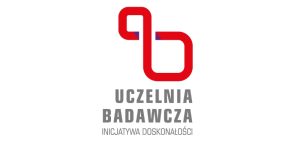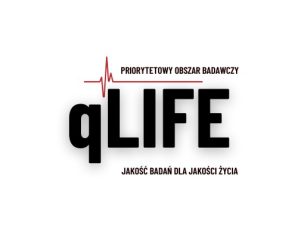Zaproszenie na wykład Pana Profesora Gerarda Borsta z Erasmus University Medical Center w Rotterdamie


Serdecznie zapraszamy na wykład Pana Profesora Gerarda Borsta z Erasmus University Medical Center w Rotterdamie pt. „Cellular mechanisms of sound localization”.
ABSTRACT: We compare the properties of the sounds arriving at both ears to localize sounds in the horizontal plane. If a sound originates from your left side, it will arrive earlier at your left ear, which means there is an interaural time difference (ITD). Neurons of the medial superior olive (MSO), a nucleus in the ventral brainstem, are exquisitely sensitive to this ITD cue. These neurons have two main dendrites, one innervated by the ipsilateral ear and the other innervated by the contralateral ear. They act like coincidence detectors, which means that they fire preferentially when inputs arrive simultaneously at both dendrites. In my talk I will describe experiments in which we investigated in gerbils how the inputs to both dendrites are integrated, and why these neurons preferentially fire when sounds come from the contralateral side.
? Piątek, 13 czerwca 2025
? Godzina 14:00
? Wydział Farmaceutyczny UJ CM, ul. Medyczna 9, sala nr 8
Wykład będzie prowadzony w języku angielskim.
Pan Profesor Gerard Borst przebywa w Krakowie jako gość Katedry Technologii Postaci Leku i Biofarmacji, Wydziału Farmaceutycznego w ramach realizacji projektu badawczego pt. „Matematyka Cyklu Życiowego Enterowirusów: Modelowanie zakażenia, replikacji i uwalniania na potrzeby terapii celowanej”. Projekt otrzymał dofinansowanie w ramach Konkursu #16 organizowanego przez POB qLIFE.
We warmly invite you to a guest lecture by Prof. Gerard Borst from Erasmus University Medical Center, Rotterdam, entitled „Cellular mechanisms of sound localization”.
ABSTRACT: We compare the properties of the sounds arriving at both ears to localize sounds in the horizontal plane. If a sound originates from your left side, it will arrive earlier at your left ear, which means there is an interaural time difference (ITD). Neurons of the medial superior olive (MSO), a nucleus in the ventral brainstem, are exquisitely sensitive to this ITD cue. These neurons have two main dendrites, one innervated by the ipsilateral ear and the other innervated by the contralateral ear. They act like coincidence detectors, which means that they fire preferentially when inputs arrive simultaneously at both dendrites. In my talk I will describe experiments in which we investigated in gerbils how the inputs to both dendrites are integrated, and why these neurons preferentially fire when sounds come from the contralateral side.
? Friday, June 13, 2025
? 2:00 PM
? Faculty of Pharmacy, Jagiellonian University Medical College, Medyczna 9, room 8
The lecture will be held in English.
Professor Gerard Borst is currently in Kraków as a guest of the Chair of Pharmaceutical Technology and Biopharmaceutics, Faculty of Pharmacy, as part of the research project titled „Mathematics of Enterovirus Life Cycle (MELC): Modelling infection, replication and release for targeted therapy”. The project has received funding by qLIFE PRA.






